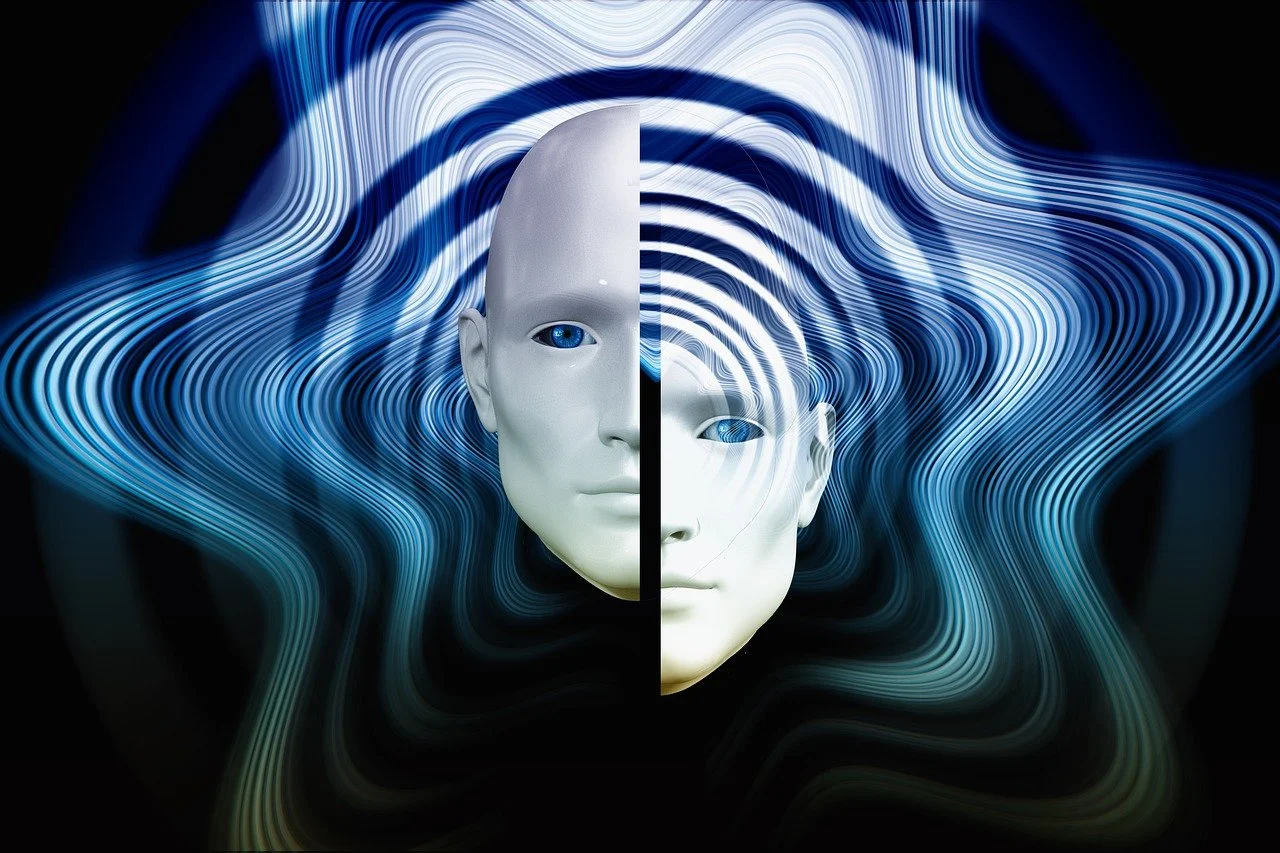Reflecting on how we judge other people can tell us a lot about ourselves. It’s a process of self-discovery that can give us insight into our values and fears, prejudices, and empathy levels. By engaging in this self-reflection, we can take control of our personal growth and strive for a more fulfilling life.
6 signs of Perception of others say more about yourself
1. Values and Strengths
Imagine someone whose kindness you genuinely admire. Now, consider who you would like to look up to regarding career and goal achievement. Positive perceptions of others often reflect our values and strengths.
If you favor honesty, you’ll definitely like those who speak openly and don’t hide the truth, whatever it may be. And if your most significant value is family, you’ll willingly make friends with guys who respect their wives and invest a lot in the relationship.
By the way, regarding values and strengths, the “opposite” method also works. If you judge a man who is coarse to anyone, you have respectfulness, tactfulness, and manners built into your character.
2. Prejudice and Experience
It’s crucial to recognize that our experiences, whether positive or negative, shape our perceptions and biases. For instance, a disappointing or traumatic relationship with a female model might lead to a biased view of all women in that profession.
Another life story is that you distrust your peers, preferring to be friends with older people because you think they can’t be trusted. Dig into your past – you may have been bullied by classmates or betrayed by a best friend who was the same age as you.
There are situations the other way around: once, you met a group of artists who turned out to be kind, cheerful, and bright. After such an experience, you will perceive the representatives of this profession more positively and knowingly believe that each of them is a good person.
Such rose-colored glasses are also harmful and a bias that leads to great disappointment sooner or later. But still, they have their place, so they are worth knowing about.
3. Emotional state
When angry at the world, seeing the people around you as good and kind is difficult. You will pay attention to their shortcomings rather than their virtues, and you will find annoying any actions that did not cause you unpleasant emotions before.in
On the other hand, when you are in love or happy with your life, the whole world seems brighter, and people seem better, kinder, and more attractive.
Judging others negatively or positively can reveal a great deal about your emotional state. It is important to learn to notice this to help yourself in time and avoid spoiling relations with others.
4. Level of empathy
How we perceive other people says a lot about our level of empathy. If you rarely show empathy for people you know or don’t know, and if you think that people are always responsible for the situation they find themselves in, then you don’t have much empathy.
You may be more likely to say it’s “someone else’s fault” instead of digging deeper into the circumstances or trying to put yourself in someone else’s shoes to understand how they feel.
But if you tend to be sympathetic and forgiving and believe that everyone is good in their own way and not always the cause of their misfortune, then your empathy level is high. You’re used to supporting those around you, genuinely empathizing with them, and being involved even with those you barely know.
5. The Pursuit of Individuality
The way we treat others can tell us how much we value individuality. If you try to see something special in everyone you meet, accept a different viewpoint, and don’t judge if someone behaves differently from you, then you like to be unique.
This is a good quality that helps you stay who you are and be happier. On the other hand, you might not like people who are different from you. You easily label them as “upstart,” “weird,” or “abnormal.” And you also think that those who don’t support the conventionally accepted opinion are misguided.
In this case, it is worth considering what makes you strive to “be like everyone else” and make others do the same. It might be time to work on your self-esteem and confidence and understand what traumas and experiences prevent you from showing individuality and respecting when someone else does.
6. Insecurities and fears
Often, the way you judge other people reflects your insecurities or fears. For example, if you judge a loud, outgoing guy in a company that is getting a lot of attention, you may feel embarrassed that you don’t have the same personality.
If you criticize an acquaintance who has moved to another city and started a new life, you should think: maybe you would like to do the same, but you are afraid of change and the trouble it will bring.
Identifying your fears and causes of insecurity is critical to improving your self-esteem and personal growth. It’s worth pondering at your leisure: perhaps what annoys you about others keeps you down when you think about yourself.
